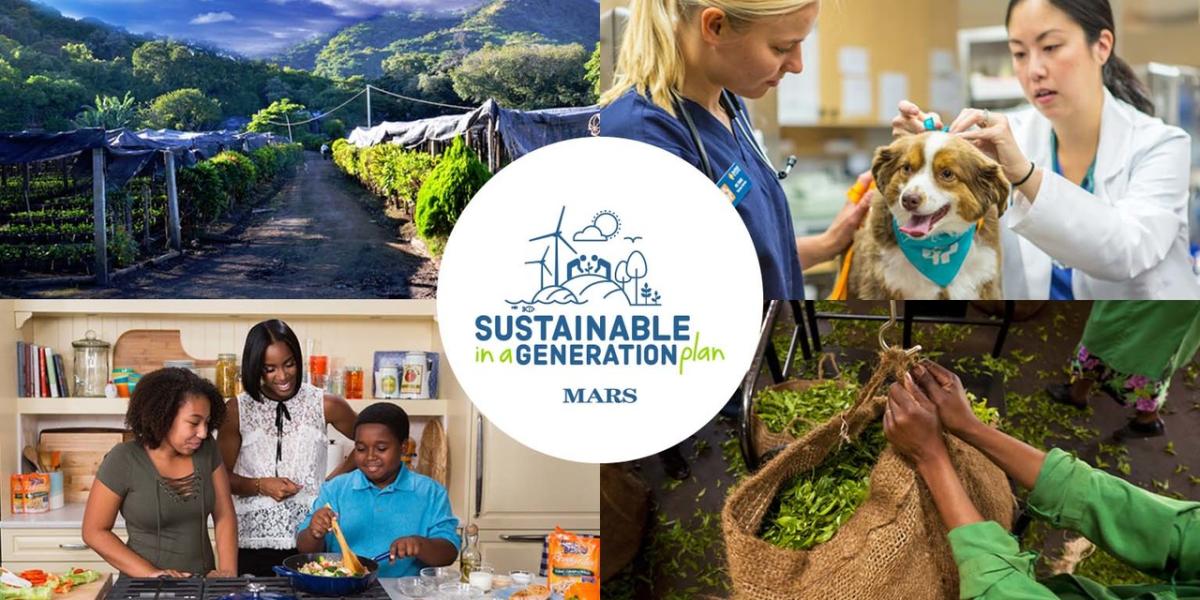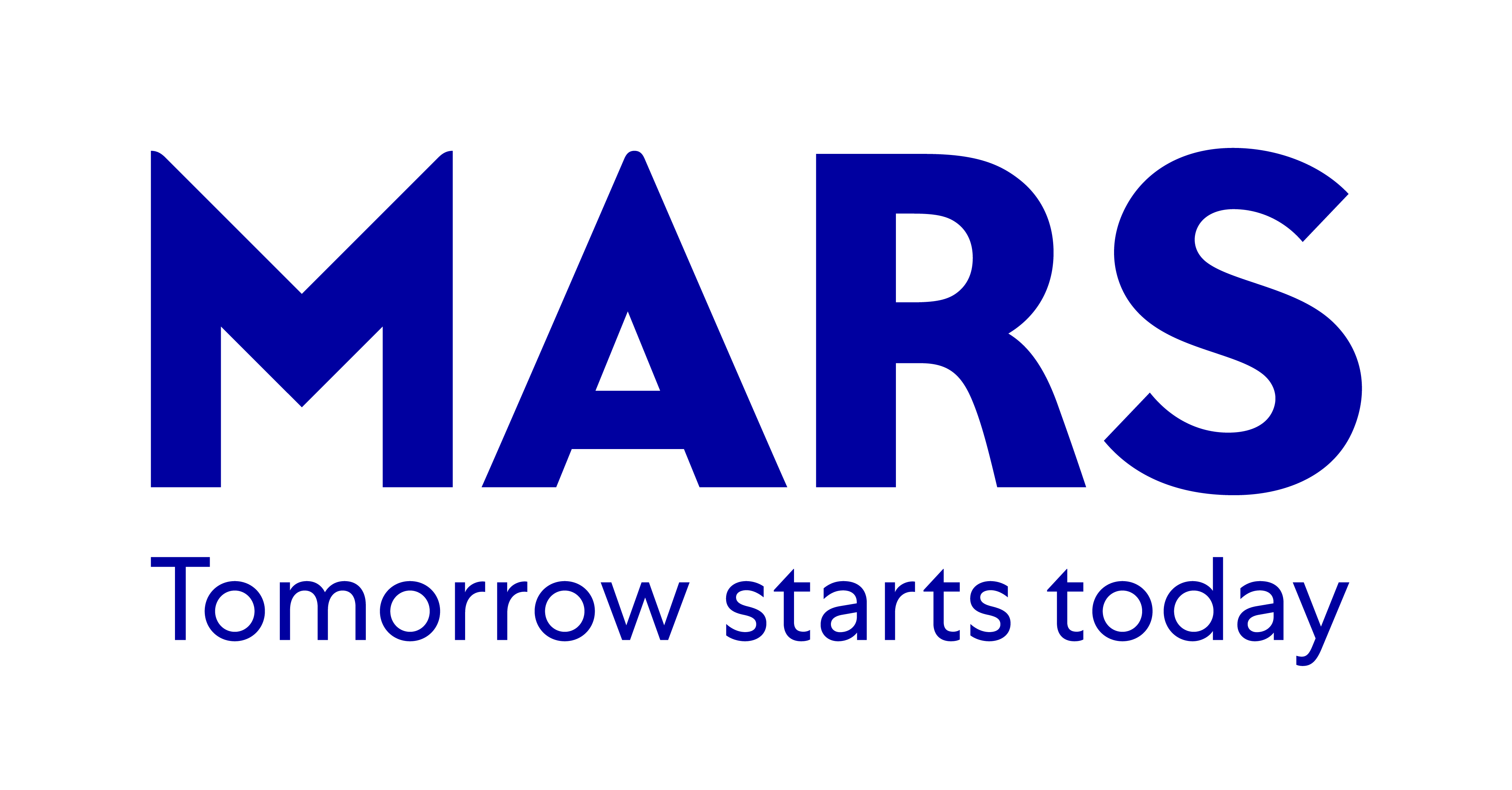For #EarthDay, We’re Spotlighting Our Packaging Priorities

Rachel Goldstein, Global Sustainability Director
At Mars, we know quality packaging lets us deliver the products you and your pets love in a safe and sustainable way. Among its many benefits, packaging helps preserve the life of our products, whether they’re on the grocery shelf or in your cupboard.
We also know we need to find ways to keep protecting our products while doing as little harm as possible to our environment. Through our Sustainable in a Generation Plan, I have the privilege of working with many talented and passionate Associates globally to address the recyclability of our packaging materials and the deforestation impacts of our paper packaging, while optimizing packaging in a way that reduces the carbon footprint over its lifetime.
We don’t want our packaging to end up in a landfill or in the ocean, which is why we’re striving towards 100 percent recyclability by 2025. Today, about 90 percent of our packaging is recyclable. But closing the 10 percent gap is challenging. The newer lightweight and flexible materials we use are quite efficient, helping to meet our carbon commitment and following the first step of the waste hierarchy, reduce! But they’re hard to collect, have low market value after their use, and, in many cases, are incompatible with current waste management infrastructure, creating an industry-wide challenge.
And that’s the key point: it will take industry-wide collaboration to create truly sustainable solutions. In celebration of #EarthDay 2018, I’m sharing just a few of the ways Mars is researching, collaborating, and partnering to reach our bold ambitions – and working diligently to become a #generationforchange.
For instance, we’re proud to collaborate with our peers by being a core partner of the Ellen MacArthur Foundation’s New Plastics Economy initiative. This initiative allows participants to identify and support the long term development of new technologies and innovations that maximize the reuse and recyclability of packaging materials to help achieve a waste-free plastics economy. More specifically, I was pleased to join my packaging colleagues as a judge in the Foundation’s Circular Materials Challenge, which posed the question, ‘How can we make all plastic packaging recyclable?’ The challenge invited innovators to find alternative materials that could be recycled or industrially composted – and awarded $200,000 each to the five winners! The winners will join a 12-month accelerator program to make their innovations marketable at scale.
Meanwhile, earlier this month, Mars Petcare Australia took an important step in our recyclability journey by partnering with REDcycle. This partnership provides a recycling route for our dry pet food bags and flexible pouches via a supermarket-based recycling program. With this partnership we’re inviting consumers to gather their empty soft plastic packaging and return them to their nearest Coles or Woolworths supermarket for recycling. We’re excited to be working with REDcycle in this step towards meeting our 2025 commitment.
Elsewhere, some of our packages use pulp and paper-based materials, which pose a high deforestation risk. Packaging accounts for around 80 percent of all pulp and paper we use at Mars so in 2014, we set out to have a sustainable supply chain for all of our pulp and paper-based packaging materials. More specifically, we’ve said that 100 percent of our virgin pulp and paper-based packaging will be traceable to at least country of origin by the end of 2016. We’ve partnered with The Forest Trust (TFT) to map our supply chain to ensure this work is guided by an experienced, credible organization – and we’re 90 percent of the way there.
Going further, our sustainable supply chain commitment also calls for 100 percent of our pulp and paper-based packaging to come from certified, verified or recycled sources by the end of 2020. To reduce our use of virgin fiber we’ll maintain a preference for recycled fiber where feasible, where we believe it to be a more sustainable alternative to virgin fiber, and where it meets food safety requirements.
Another example: we’re working with Green Blue’s Forest Products Working Group and the American Forest Foundation to develop Forest in Focus (FiF). FiF is a new platform that provides brand owners, manufacturers, agencies and conservation groups a way to engage with family forest owners in the southeast U.S. This engagement allows us to collectively understand the supply chain risk in family owned lands and work together to achieve positive conservation impacts.
We continue to learn as we move forward in our packaging sustainability journey. There’s no “one size fits” all package for a company like Mars, so we rely on multiple packaging materials throughout our value chain and across our products. We’ve optimized each for efficient weight, and now we’re working hard to address recyclability and deforestation. We have more work to do as we look to 2025, requiring collaboration inside and outside our business, because we don’t and won’t have all the answers on our own. #MarsLovesEarth #proudlyMars #IWorkHere

